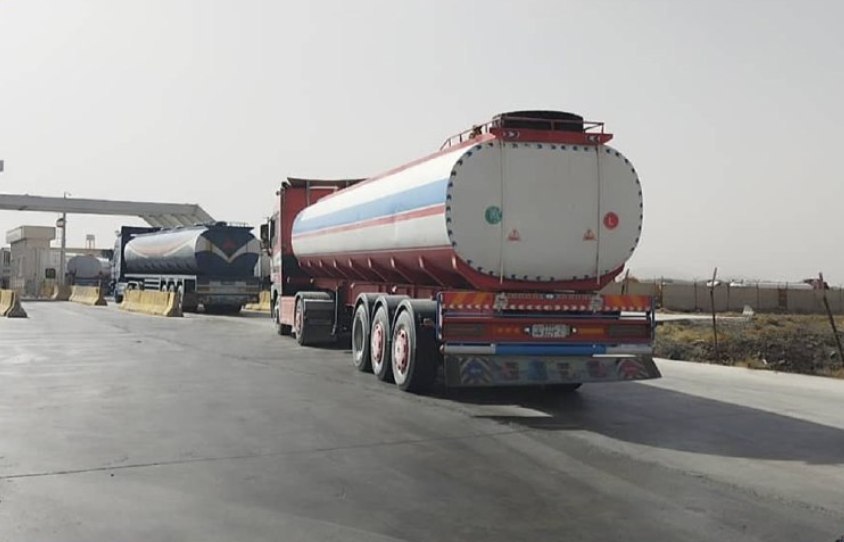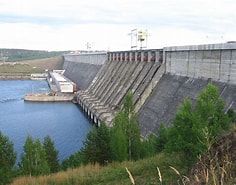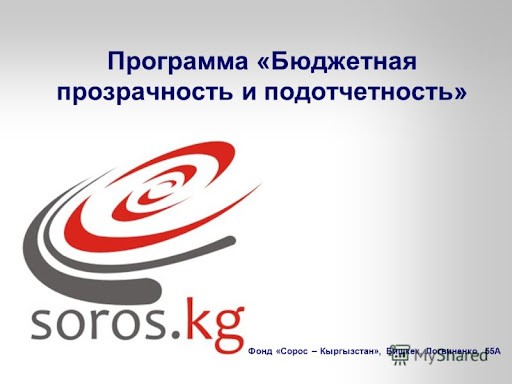The Open Society Foundations said it will close its national foundation in Kyrgyzstan after the country’s parliament passed a new law that tightens control over non-governmental groups that receive foreign funding.
Open Society, which was founded by billionaire investor and philanthropist George Soros, said Monday that the law“imposes restrictive, broad, and ill-defined regulations” on internationally funded NGOs. The decision to pull out of Kyrgyzstan came two weeks after the country’s president, Sadyr Japarov, signed the law, saying more rigorous registration requirements and financial oversight would make non-governmental groups more accountable.
The dispute between the government of Kyrgyzstan and foreign-funded groups represent a wider struggle over the direction of the Central Asian country. Opponents of Japarov believe he is systematically rolling back relative freedoms inKyrgyzstan. The president says local NGOS are embezzling money from foreign donors, an allegation denied by civil society groups.
The Soros Foundation-Kyrgyzstan has spent more than $115 million on projects in education, public health, criminal justice, supplying water to rural communities and other areas since it opened in 1993, a year in which the Central Asian nation was mired in crisis after the fall of the Soviet Union, Open Society said.
Under the new law, foreign-funded NGOs must “report broadly defined ‘political’ activities to the authorities” and risk uncertain consequences, Open Society said in a statement. Its president, Binaifer Nowrojee, said “this repressive new law will see civil society operate in a climate of uncertainty and intimidation.”
The Open Society Foundations, which funds activities in more than 120 countries, says it aims to promote justice, human rights and democratic governance. It says it joins “policy debates on controversial issues that other funders might avoid” and the group has attracted criticism from conservative and authoritarian leaders in a number of countries.
The United Nations has expressed concern about Kyrgyzstan’s so-called “foreign representatives” law. Jeremy Laurence, spokesperson for the UN High Commissioner for Human Rights, said on April 8 that many affected NGOs could close to avoid possible arbitrary checks by the authorities or having to pay for annual audits, or might end up self-censoring if they continue operations.








